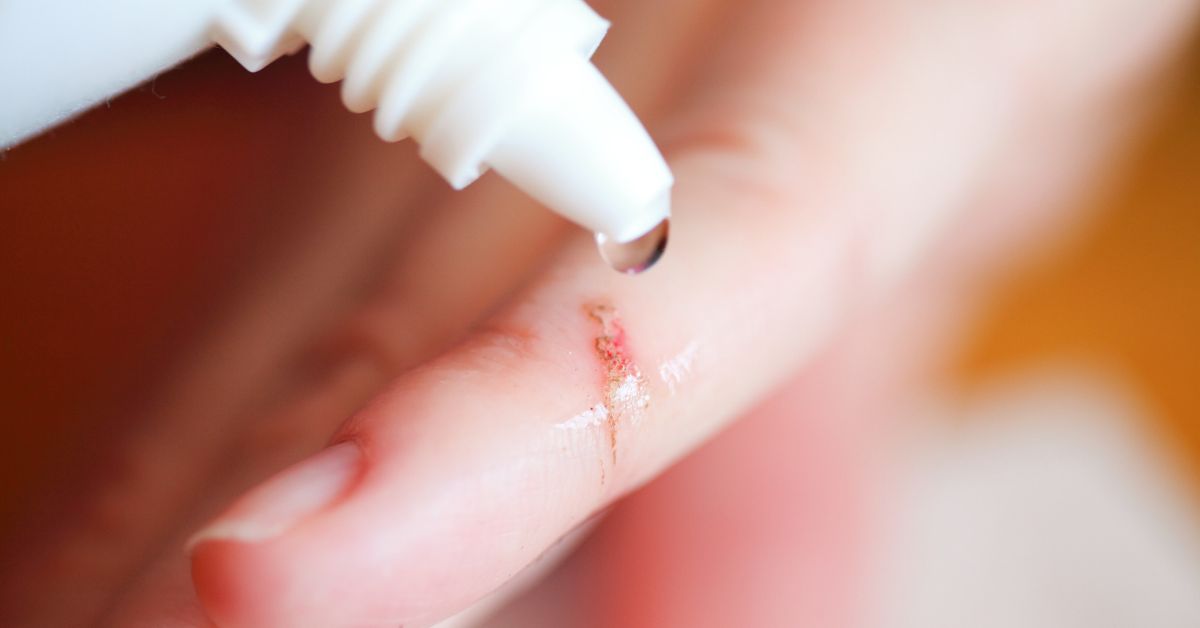Isopropyl alcohol is commonly referred to as rubbing alcohol. If you've ever had an insect bite or needed to treat a minor wound, you've likely reached for rubbing alcohol in your medicine cabinet. Perhaps you've even used rubbing alcohol to clean glass, mirrors and even stainless steel faucets and fixtures. Rubbing alcohol has numerous uses throughout a home, but certain things should never be cleaned with it.
Always wear gloves when handling alcohol, ensure adequate ventilation, and never use rubbing alcohol near an open flame. If an item is painted, stained or glossy, make sure alcohol is safe to use on it. Here's a list of items that alcohol could damage.
Advertisement
1. Painted surfaces
Isopropyl alcohol is a solvent. Using it to clean painted, lacquered or shellacked surfaces is not advised because it will remove the finish.
Isopropyl alcohol is a solvent. Using it to clean painted, lacquered or shellacked surfaces is not advised because it will remove the finish.
2. Serious wounds
Always use rubbing alcohol to sterilize tweezers and medical tools, but never to clean large wounds or injured skin. Although isopropyl alcohol has antiseptic properties, using it on wounds may actually delay healing. In addition, rubbing alcohol can further irritate the skin surrounding the wound.
Always use rubbing alcohol to sterilize tweezers and medical tools, but never to clean large wounds or injured skin. Although isopropyl alcohol has antiseptic properties, using it on wounds may actually delay healing. In addition, rubbing alcohol can further irritate the skin surrounding the wound.
3. Acrylic and plastic
Even though it may seem like a good idea to clean and remove scuff marks on plastic with rubbing alcohol, it can crack and discolor acrylic and plastic. The result: A damaged item with a crack or hole that can serve as a breeding ground for bacteria.
Even though it may seem like a good idea to clean and remove scuff marks on plastic with rubbing alcohol, it can crack and discolor acrylic and plastic. The result: A damaged item with a crack or hole that can serve as a breeding ground for bacteria.
4. Pearls and opals
A delicate pearl or opal gemstone should never come in contact with isopropyl alcohol. The shiny protective coating on these gemstones is quite delicate. Rubbing alcohol will damage the coating, and pearls and opals will corrode eventually without it.
A delicate pearl or opal gemstone should never come in contact with isopropyl alcohol. The shiny protective coating on these gemstones is quite delicate. Rubbing alcohol will damage the coating, and pearls and opals will corrode eventually without it.
5. Wood furniture
Alcohol acts as a solvent and will dissolve any stain or finish on wood furniture. The longer the alcohol is in contact with the wood, the more damage it poses to the finish, so quickly blot up any spills.
Alcohol acts as a solvent and will dissolve any stain or finish on wood furniture. The longer the alcohol is in contact with the wood, the more damage it poses to the finish, so quickly blot up any spills.
6. Dry-erase board
Rubbing alcohol can make a dry-erase board look brand new but can cause the board’s lubricated surface to deteriorate after repeated cleanings. Without the oily lubricant that makes up the outermost surface of the board, ink will start to soak in, and the board will no longer wipe clean.
Rubbing alcohol can make a dry-erase board look brand new but can cause the board’s lubricated surface to deteriorate after repeated cleanings. Without the oily lubricant that makes up the outermost surface of the board, ink will start to soak in, and the board will no longer wipe clean.
7. Hot surfaces
Rubbing alcohol is highly flammable, so keep it away from open flames and hot surfaces. Steer clear of DIY tips and suggestions that suggest cleaning clothes dryers, ovens, toasters and barbecue grills with isopropyl alcohol. This method of cleaning is risky; vapors can travel to an ignition source and cause a fire.
Rubbing alcohol is highly flammable, so keep it away from open flames and hot surfaces. Steer clear of DIY tips and suggestions that suggest cleaning clothes dryers, ovens, toasters and barbecue grills with isopropyl alcohol. This method of cleaning is risky; vapors can travel to an ignition source and cause a fire.
Advertisement
8. Rubber
Exposing rubber to rubbing alcohol infrequently can cause discoloration and deterioration, but prolonged use of isopropyl alcohol will wear down and eventually destroy it. Ensure the longevity of rubber by keeping it away from rubbing alcohol.
Exposing rubber to rubbing alcohol infrequently can cause discoloration and deterioration, but prolonged use of isopropyl alcohol will wear down and eventually destroy it. Ensure the longevity of rubber by keeping it away from rubbing alcohol.

